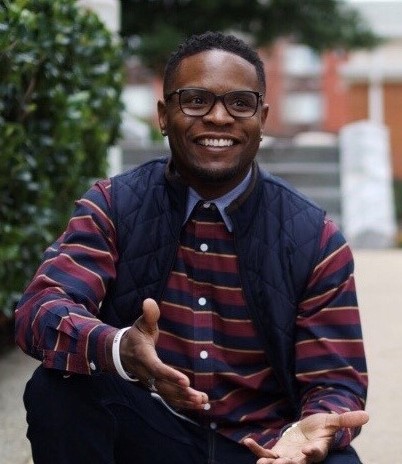Mario Benjamin and Chaz Hubbard are further emphasizing that representation matters with the opening of their Black-owned brewery in Oakland, CA.
During an episode of PBS News Hour, co-founders Benjamin and Hubbard talk through how they are working to break barriers in the craft brewing space, being one of the few Black-owned breweries in the nation.
According to the news hour report, the two co-founders shifted from brewing beer as a hobby into an entire business, launching Hella Coastal in 2020.
“We kind of had like a competition between each other, like who can kind of make the best beer. We also always had this entrepreneurial spirit between each other,” Hubbard explained. “One day, we were brewing together, home-brewing, and kind of brainstorming, like, well, we’re doing this right here. We’re making beer. It’s fun. It’s enjoyable. We love the craft. Like, why don’t we try to start a brewery together?”
Turning the hobby into a full-scale business meant they would become the first Black-owned brewery in Oakland, breaking into an industry where 94% of the nation’s brewery owners are white, based on a 2021 survey.
Considering this pressing reality, Hella Coastal has a mission to diversify the industry and change the landscape in the Oakland community.
“Some of the breweries that we have gone to, we realized that the beer is great, but, sometimes, the energy just didn’t feel as receptive,” Benjamin noted.
Creating a sense of community goes beyond just having dope vibes in the brewery. Benjamin and Hubbard also look to create intentional space and opportunities for other Black business owners and develop a mechanism to build generational wealth.
Although they currently rent a taproom to run their business, they hope to own their brick-and-mortar in the future, which can help them manifest the totality of their vision.
“And one thing that we want to do in our space is to not only make it inclusive, but we also want to make it a place where people can come in, learn about beer, have different beer styles, but, at the same time, have guest speakers, have artists, have art on the wall that’s representing the community and highlight organizations, nonprofits, initiatives that’s really resonating to — not only to us but just to the community in general,” Benjamin said.


